Epitech in 5 years: the Grande École Program
The “Grande École Program” is Epitech’s historic higher education course. It lasts 5 years and it aims to train experts in software engineering by offering thorough and varied technical content and programming projects. Covering many programming languages, it allows the student to approach all new technologies methodically. At Epitech, one of the most important skills that a student acquires is learning how to learn.
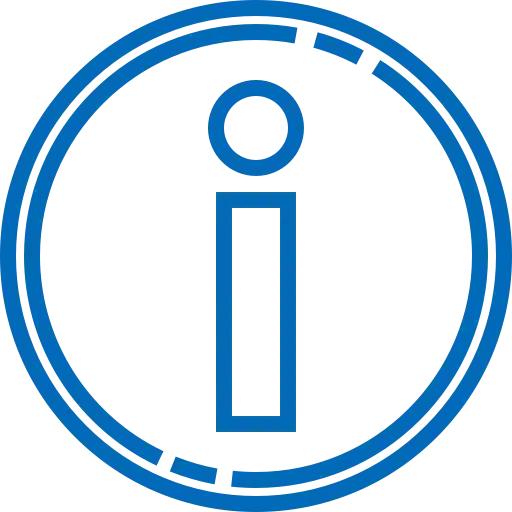
Do you have questions about our program?
Year 1/1st Cycle – {Fundamentals} and autonomy
From the very first day of the mythical C Pool, students are immersed in the fundamentals of computer science.
The omnipresence of the project-based learning method teaches them autonomy, while creating a real culture of teamwork, mutual aid and collective success.
The rest of the year is devoted to a series of numerous projects, an opportunity for students to adopt a very hands-on approach that teaches them the value of accountability.
At the end of each semester, they present their “big projects” keynotes, and thus get into the habit of explaining their achievements and sharing their technical success stories.
Teaching modules in the 1st year
Common core
• Personal development
• English
• Written French
Fundamentals
• IT general knowledge
• Development method (code quality, unit testing)
• Algorithmics
Programming techniques
• system programming
• graphic programming
• scientific programming
Application of programming techniques
• Computer security
• Introduction to system administration
• Introduction to web programming
Year 2/1st Cycle – {Design} and Teamwork
It begins with a 4 to 6-month internship in a company which allows the student to put into perspective the skills acquired during the first year and to specify his or her professional project. Back to Epitech after the internship, the C++ Pool puts the students right back into the habit of intensive programming.
Pedagogical modules in the 2nd year
Common core
• Personal development
• English
• Written French
Fundamentals
• IT knowledge
• Development method (code quality, unit testing) )
Programming techniques
• Assembler
• Advanced system programming
• Shell programming
• Advanced scientific programming
• Object-oriented programming
• Functional programming
Applied programming
• Advanced computer security
• Advanced system and network administration
• Real-time numerical analysis
Year 3/1st Cycle – {Diversification} and innovation
The 3rd year is a pivotal one in Epitech’s curriculum as it focuses on the place of IT in the various sectors of the professional world. Students are encouraged to think about the way in which computer skills, and more specifically their skills, fit into a concrete professional project and serve society.
Pedagogical modules in the 3th year
Core curriculum
• Personal development
• English
• Written French
• Innovation Track
• Development method (code quality, unit testing)
Technological modules
• Mobile development
• Advanced web development
• Artificial intelligence
• Computer security
• Dev Ops
• Network architecture
Advanced programming
• Compilation
• Advanced functional programming
• Scientific programming
• Java
• .Net
• Advanced C++
• Network programming
Year 4/2nd Cycle – {International opening} and multicultural experiences
Our network of partner universities
Our partnership with Erasmus
Year 5/ 2nd Cycle – { Leadership }
Teaching modules in the 5th year
So-called “transversal” skills
• Project management
• Business and strategy
• Finance
• Law
• Personal development
Professional and methodological skills
• Software quality
• User experience (ergonomics, man/machine interfaces, accessibility, etc.)
• Agile methods
Technological fields
• Mobile app development
• Web development
•Development of interactive experiences (video games, multimedia, virtual reality…)
• Internet of Things, embedded programming…
• Blockchain
Technological sectors
• Artificial intelligence
• Algorithmics
• Security
• Cloud
• Devops
• Big Data
Focus on the Epitech Innovation Project
Year 1/1st Cycle – {Fundamentals} and autonomy
From the very first day of the mythical C Pool, students are immersed in the fundamentals of computer science.
The omnipresence of the project-based learning method teaches them autonomy, while creating a real culture of teamwork, mutual aid and collective success.
The rest of the year is devoted to a series of numerous projects, an opportunity for students to adopt a very hands-on approach that teaches them the value of accountability.
At the end of each semester, they present their “big projects” keynotes, and thus get into the habit of explaining their achievements and sharing their technical success stories.
Teaching modules in the 1st year
Common core
• Personal development
• English
• Written French
Fundamentals
• IT general knowledge
• Development method (code quality, unit testing)
• Algorithmics
Programming techniques
• system programming
• graphic programming
• scientific programming
Application of programming techniques
• Computer security
• Introduction to system administration
• Introduction to web programming
Year 2/1st Cycle – {Design} and Teamwork
It begins with a 4 to 6-month internship in a company which allows the student to put into perspective the skills acquired during the first year and to specify his or her professional project. Back to Epitech after the internship, the C++ Pool puts the students right back into the habit of intensive programming.
Pedagogical modules in the 2nd year
Common core
• Personal development
• English
• Written French
Fundamentals
• IT knowledge
• Development method (code quality, unit testing) )
Programming techniques
• Assembler
• Advanced system programming
• Shell programming
• Advanced scientific programming
• Object-oriented programming
• Functional programming
Applied programming
• Advanced computer security
• Advanced system and network administration
• Real-time numerical analysis
Year 3/1st Cycle – {Diversification} and innovation
The 3rd year is a pivotal one in Epitech’s curriculum as it focuses on the place of IT in the various sectors of the professional world. Students are encouraged to think about the way in which computer skills, and more specifically their skills, fit into a concrete professional project and serve society.
Pedagogical modules in the 3th year
Core curriculum
• Personal development
• English
• Written French
• Innovation Track
• Development method (code quality, unit testing)
Technological modules
• Mobile development
• Advanced web development
• Artificial intelligence
• Computer security
• Dev Ops
• Network architecture
Advanced programming
• Compilation
• Advanced functional programming
• Scientific programming
• Java
• .Net
• Advanced C++
• Network programming
Year 4/2nd Cycle – {International opening} and multicultural experiences
Our network of partner universities
Our partnership with Erasmus
Year 5/ 2nd Cycle – { Leadership }
Teaching modules in the 5th year
So-called “transversal” skills
• Project management
• Business and strategy
• Finance
• Law
• Personal development
Professional and methodological skills
• Software quality
• User experience (ergonomics, man/machine interfaces, accessibility, etc.)
• Agile methods
Technological fields
• Mobile app development
• Web development
•Development of interactive experiences (video games, multimedia, virtual reality…)
• Internet of Things, embedded programming…
• Blockchain
Technological sectors
• Artificial intelligence
• Algorithmics
• Security
• Cloud
• Devops
• Big Data

